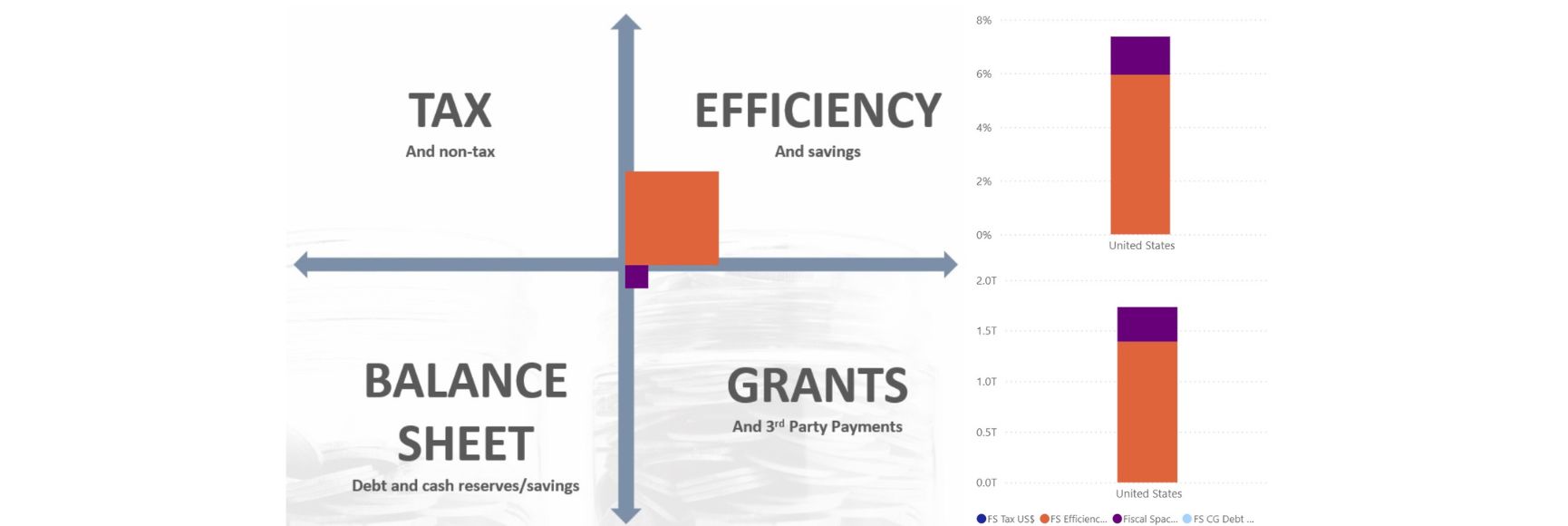Posted by Camille Karamaga
A number of serious public financial management (PFM) problems in Africa can be traced back to a single, simple issue – late submission to and approval of the budget by the legislature. Limited legislative scrutiny of fiscal and budgetary policies undermines transparency and accountability in resource allocation and utilization which form the cornerstone of a good PFM system. Failure to provide the legislature with adequate time to scrutinize the budget reduces their ability to undertake critical analysis of fiscal policies and service delivery objectives. Late approval of the budget also prevents government entities from initiating procurement processes at the start of the financial year based on the approved budget, especially where special warrants or pro forma rules rather than systematic cash plans prepared by spending agencies are used to release funds.
The need to provide adequate time for parliament to scrutinize the budget and for line ministries to plan for the year ahead is recognized in both international standards and national laws. International experience recommends that the annual budget estimates be tabled in the legislature at least three months before the beginning of the new financial year in order to allow meaningful scrutiny. Guidelines on good practice in this area are provided in documents such as the IMF’s Code of Fiscal Transparency, the OECD’s Guidelines on Transparency, and the PEFA Performance Measurement Framework.
Many developing countries in Africa and other regions comply with these guidelines. A 2010 CABRI Report[1] shows that, on average, African countries deliver their draft budgets to the legislature about two months before the start of the fiscal year. A number of countries such as those in the East African Community have reformed their budgetary processes to provide space for enhanced engagement with their parliaments early in the budget process, and ensure that the budget is passed before the start of the financial year.
Some African countries, however, do not have such a good record because: (i) no deadline is stipulated in law; (ii) the deadline is too short; (iii) loopholes exist in the law; or (iv) the law is not enforced in practice.In Malawi and Lesotho, for example, the timeline for presentation and approval of the budget is neither stipulated in the Constitution nor the PFM legislation. Recent PEFA reports for countries such as Liberia, Malawi, Sao Tome and Principe, Guinea Bissau, and Uganda indicate that the annual budget is approved as late as three months into the new financial year. In order not to disrupt government activities, governments begin executing the new budget on the basis of special warrants, votes on account or monthly authorizations equal to one-twelfth of the previous year’s budget.
Late submission and adoption of the budget can have seriously adverse knock-on effects for the rest of the PFM cycle. Poor procurement planning, for example, undermines efforts to establish credible cash planning practices that meet suppliers’ bills in a timely fashion. Ongoing development projects being implemented by line ministries and agencies may be stalled or financed through the creation of future financial obligations. Poor cash planning methods can obscure in-year prioritization and create risks of default on debt service and other statutory expenditures. Delays in the release of cash against appropriations can encourage end-of year spending splurges, at times complicating monetary policy management.
Late passage of the annual budget undermines efforts to build a good PFM system that would be achieved through continuous review and improvements to the existing practices. The risk of undermining important PFM reforms is higher in low-capacity countries where such reforms are still in their infancy. Budget credibility could be at stake, if late approval of the budget compounds existing problems such as weaknesses in revenue forecasting and management of virements. Incentives to replace cash-rationing with better cash flow planning tools may be undermined. If such problems persist, budget reforms such as MTEFs that encourage improved sectoral planning with greater integration of externally financed projects within the Government’s budgetary process may also be compromised.
Improving the timelines of budget submission and approval requires both changes in the legal framework and a commitment to the principles that underpin these laws.Legislatures have the right to adequate time to discuss the government’s budget proposal, make amendments where appropriate and approve the annual budget before the start of the new financial year. And line ministries have the right to adequate time to plan the execution of their budgets for the year ahead. Where ministries of finance are not meeting such expectations, it is important that these key stakeholders demand improvements.
[1] Collaborative African Budget Reform Initiative (CABRI), 2010, Status Report on Good Financial Governance in Africa.
Note: The posts on the IMF PFM Blog should not be reported as representing the views of the IMF. The views expressed are those of the authors and do not necessarily represent those of the IMF or IMF policy.





